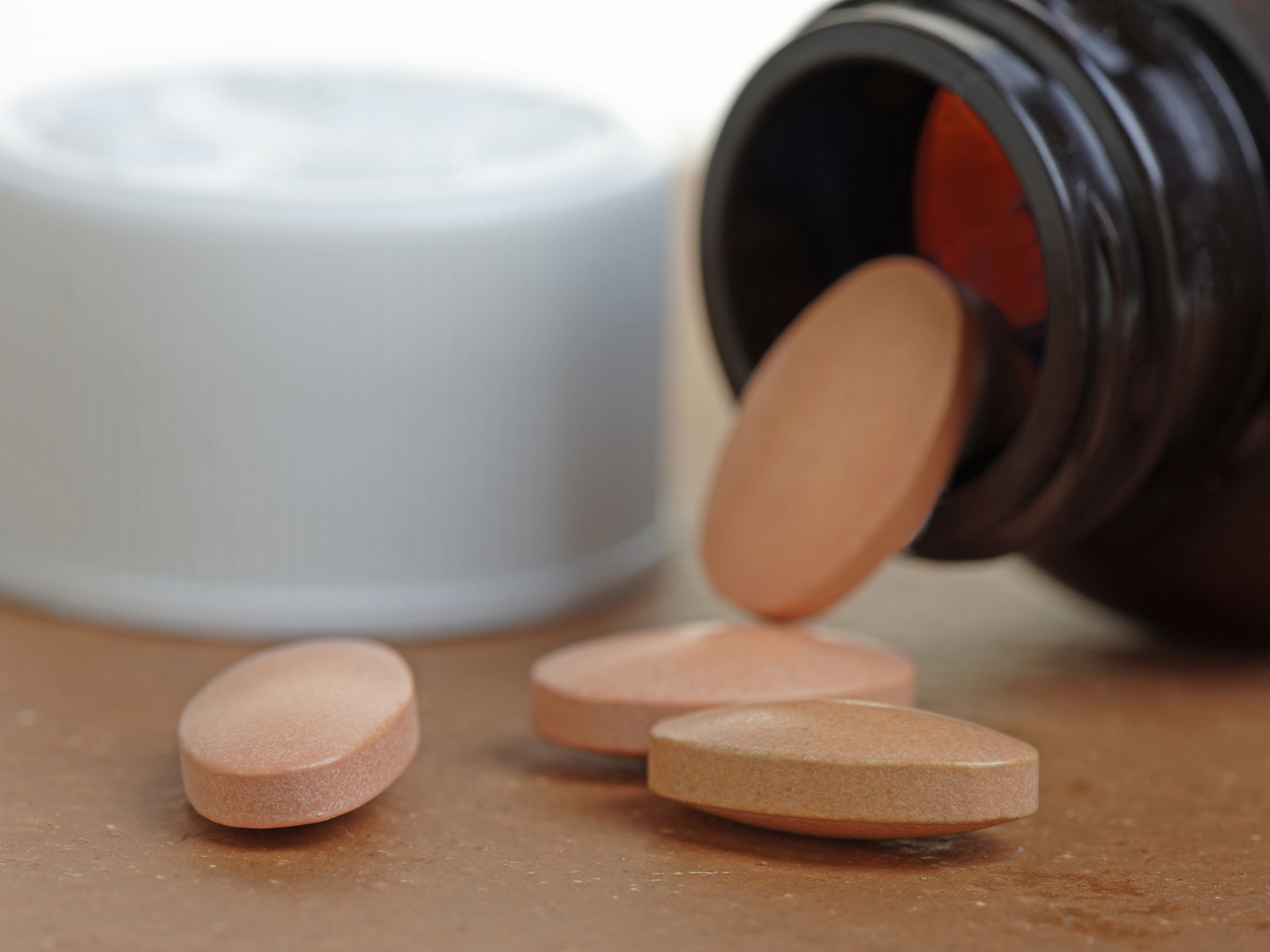Are Statins the New Wonder Drugs?
I’ve been reading about studies that show statins are not only good for the heart (to reduce cholesterol, cut the risk of heart attacks and strokes) but that they also reduce the risks of Alzheimer’s, depression, breast cancer and osteoporosis. I hate taking drugs, but statins are starting to sound convincing as a preventive technique. What is your opinion?
Andrew Weil, M.D. | June 21, 2004

Statin drugs are commonly used to lower cholesterol and protect against heart disease and heart attacks. They can be very effective in this regard, and there is growing medical enthusiasm for them at the moment. Some of this is in response to emerging evidence that they can also benefit health in other ways. However, findings that statins may help prevent stroke, lower the risk of diabetes and perhaps even lower the risk of Alzheimer’s disease, osteoporosis and breast cancer, remain to be confirmed.
Statins lower cholesterol and reduce the risk of heart attacks by blocking an enzyme that causes the liver to produce cholesterol. These drugs also have antioxidant and anti-inflammatory properties. They can reduce plaque formation in coronary arteries by preventing oxidation of LDL (“bad”) cholesterol, and they can prevent plaque from rupturing. Debris from ruptured plaque can block coronary arteries, preventing the free flow of blood to the heart and resulting in a heart attack.
Statins are prescription drugs and should never be taken except on the advice of a physician. Despite their benefits, they do have some adverse effects. The most serious side effect is rare liver toxicity. If you have liver disease and take statins, your physician will need to monitor your liver function carefully. Other, less serious side effects include upset stomach, gas, constipation and abdominal pain or cramps, which tend to disappear once you get used to taking statins. You also can experience muscle pain, which can be severe, a condition called myositis. If this happens, you may need to go off the drug and have a muscle enzyme blood test.
For moderately elevated cholesterol, I recommend non-prescription red rice yeast, a natural source of statins with fewer side effects. You might also consider fish oil supplements, which have anti-inflammatory effects and can help lower cholesterol, and do not have the side effect profile that statins do.
Andrew Weil, MD











